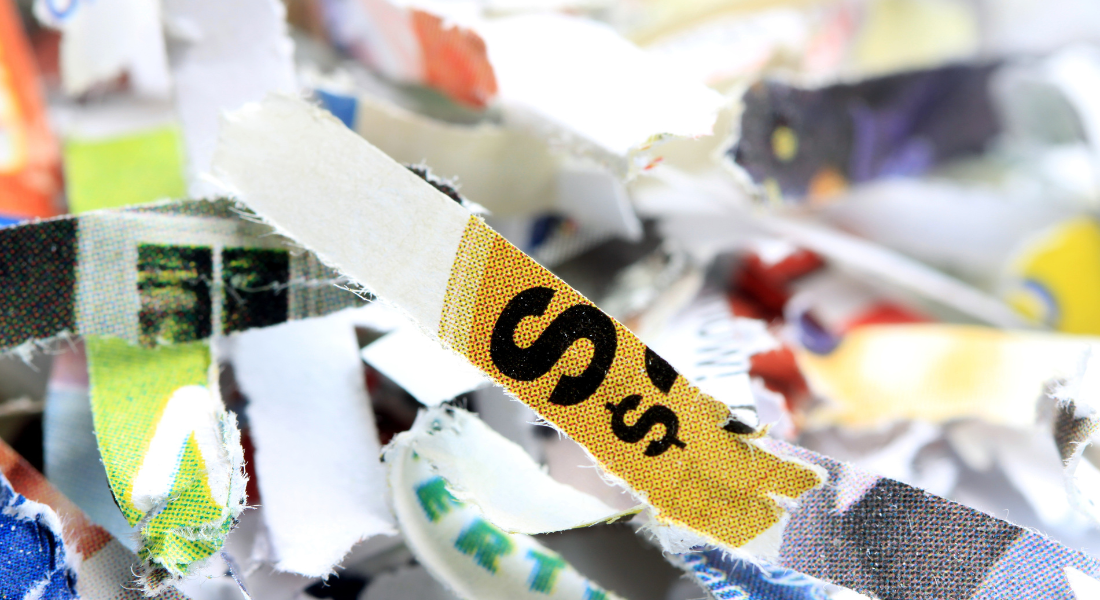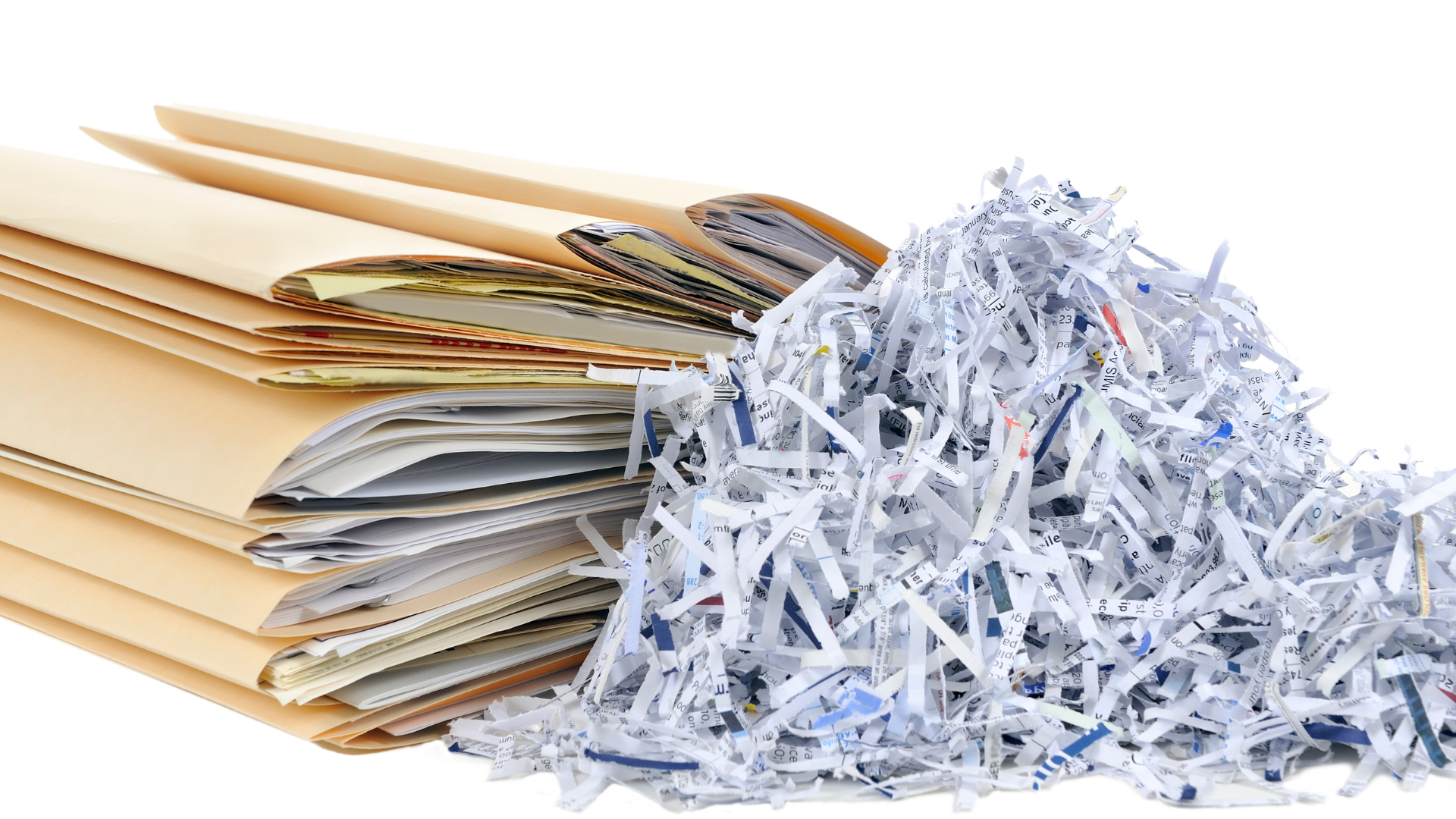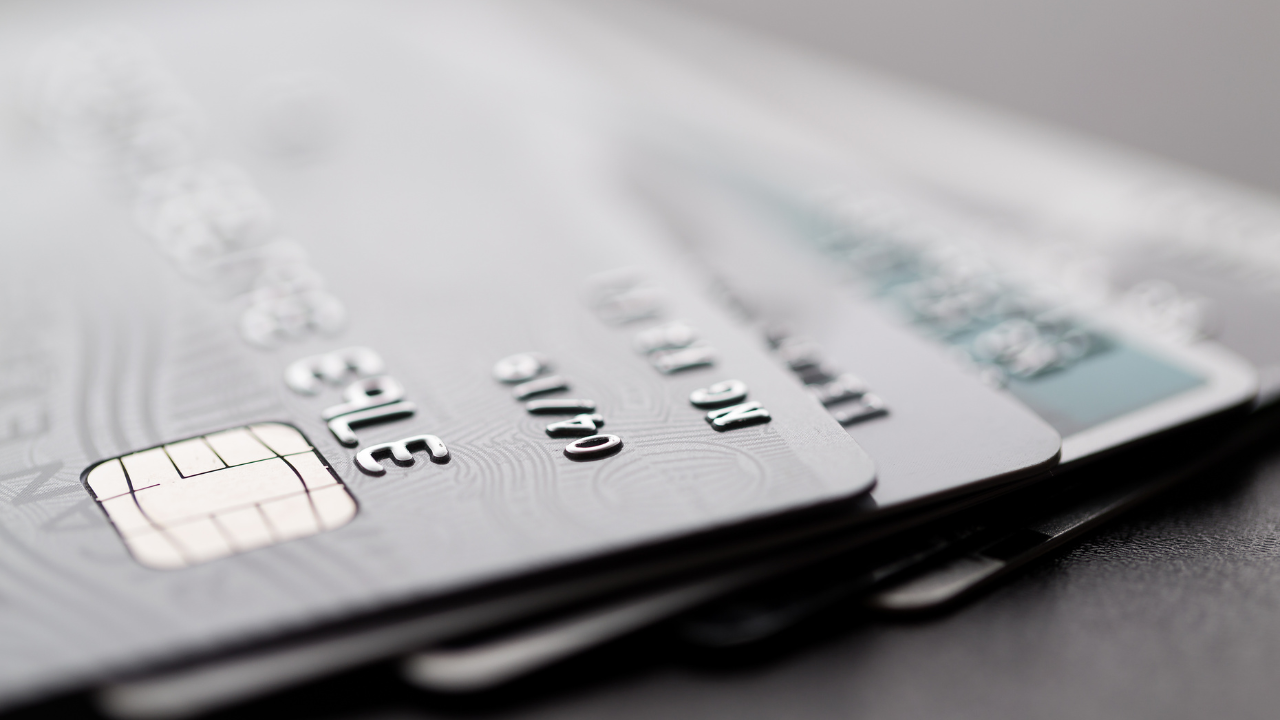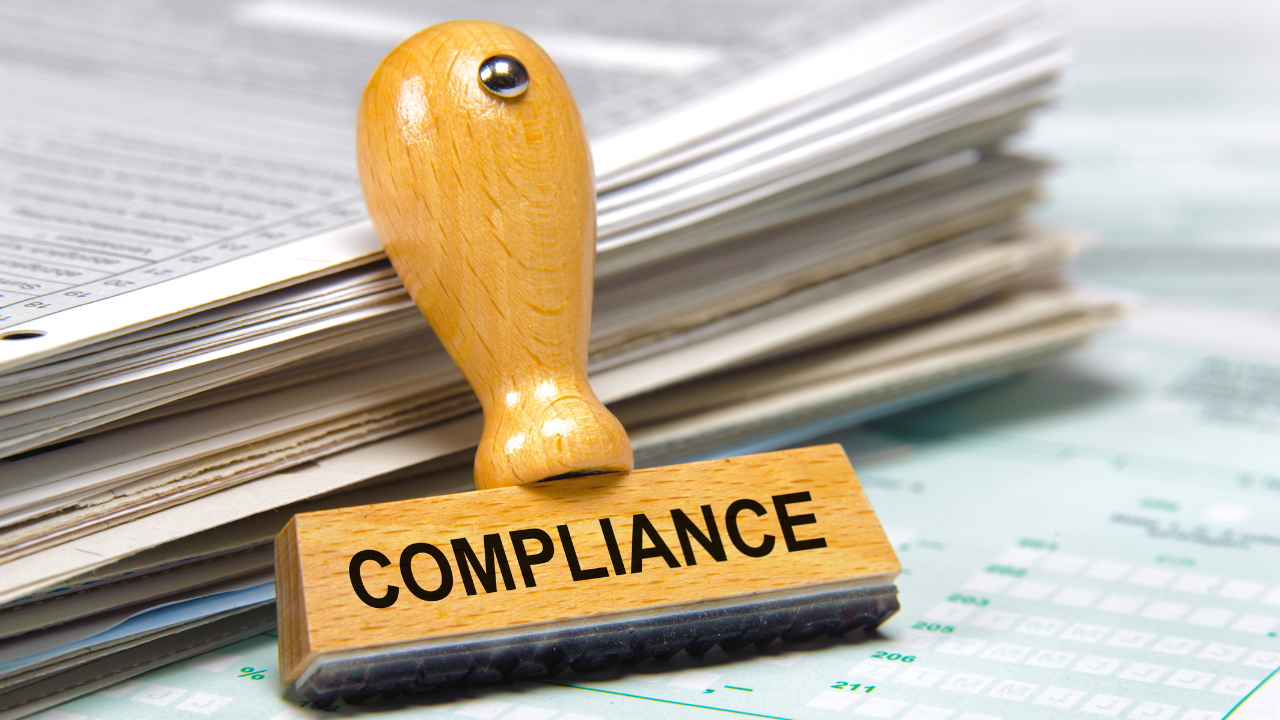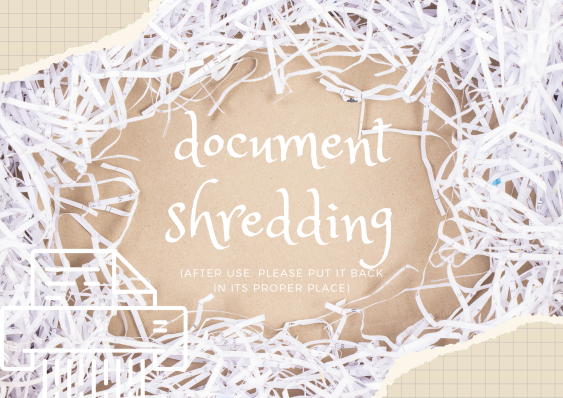How Long Should You Keep Various Documents?
May 12, 2020
As your life gets busier and more complicated, it’s difficult to know how long to hang onto documents and when it’s safe to get rid of them. There are some documents that you should hold onto long term and some things you may only need to keep a short time. Sorting through your documents and creating organization may seem daunting but the reward is peace of mind.
How Long Should You Keep Various Documents?
- Things To Keep Indefinitely. There are some papers that are recommended to hold on to indefinitely. These documents include deeds, mortgages, bills of sale, annual tax returns, all legal documents (social security card, passport, birth certificate, etc), marriage or divorce certificates, wills or living wills, power of attorney, automobile titles, medical records, adoption papers, education records, pension or retirement plan, insurance policies, major purchase receipts, and warranty information. This is not a complete list, however, it is enough to lead you in the right direction.
- Keep For 1-3 Months. There are documents that you can easily destroy after just a short amount of time. These include utility bills, receipts for minor purchases, and ATM and bank deposit slips. Once payment for bills is verified and checked on your statement then there is no reason to keep them.
- Keep For 1 Year. It is a good idea to keep either a digital or hard copy of the past year’s worth of your pay stubs, mortgage statements, monthly bank statement, and credit card statements. It’s a good idea to keep your digital copies stored online if you choose to go paperless. You should also hold on to pay stubs so that you can use them to verify the accuracy of your Form W-2 when tax season arrives.
- Keep For 3-7 Years. Depending on your particular filing circumstances, the IRS may be able to ask you for supporting documentation for three to seven years after you file a return. This is a good rule of thumb is to save any document that verifies information on your tax return, including Forms W–2 and 1099, bank and brokerage statements, tuition payments and charitable donation receipts for three to seven years. It is also a good idea for disability records, unemployment records, and medical bills/ claims to be kept for the same period of time.
Shred Documents To Safely Destroy
Before you just toss documents that are no longer needed in the trash, be sure to destroy them properly do avoid the risk of identity theft. As a general rule, there are certain documents that absolutely should be shred including anything that has account numbers, birth dates, maiden names, passwords and PINs, signatures, and Social Security numbers. When in doubt, shred.
The Takeaway
Despite the effort to go paperless, most of us are inundated with paper documents entering our homes. It’s certainly tempting to just sweep it all into the bin, but the reality is that in order to have what you need readily available it is time to organize. Keep well-organized files for the appropriate time and then safely destroy them by shredding them. Don't make the mistake of spending countless hours looking for a document you could have organized and at your fingertips!
At I-Shred, security and efficiency are a priority. I-Shred offers stress-free onsite shredding to save time and ensure your documents are destroyed properly. Which is why we offer recurring service to small businesses. We are dedicated to helping you save time and money when it comes to secure document destruction. Contact us today!

By Brad Smith
•
June 17, 2023
Securing your business isn’t limited to cyber security measures; it includes safeguarding your physical documents as well. On-site document shredding provides a secure, efficient, and environmentally friendly solution for disposing of sensitive documents, helping to protect your business from potential threats.

January 22, 2023
Preserving the environment is crucial for the well-being of our planet and future generations. However, the environmental benefits of document shredding and recycling are often overlooked. This process involves destroying sensitive documents and recycling shredded materials, which can significantly contribute to environmental protection.

November 28, 2022
We live in a world where our digital identity is constantly at risk of being compromised. Technology has made it easier for hackers to gain access to our sensitive information, leaving us vulnerable to potential data breaches. This is why it's important to take extra precautions to protect our identities, and that includes destroying our phones.


